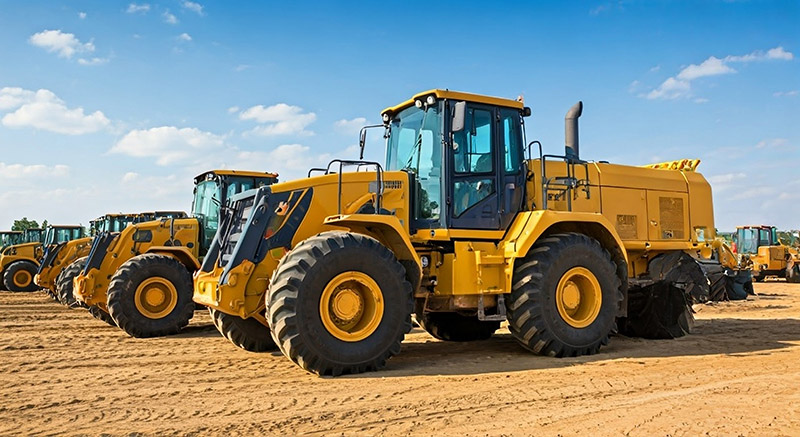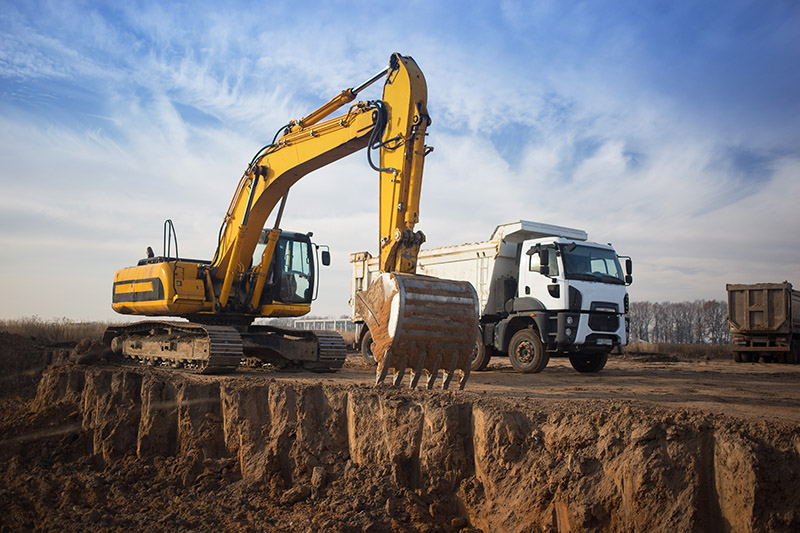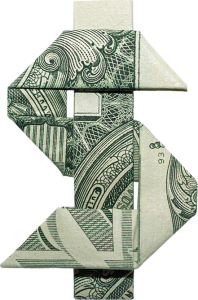Legal Considerations in Equipment Leasing & Financing Collections
Navigating equipment leasing collections requires understanding state and federal regulations surrounding repossession, breach of contract, and debt recovery. Our team of attorneys ensure that all actions comply with legal standards to protect you & your company from liability.
Preventive Measures for Lease Agreements
Effective collections often begin with well-drafted lease agreements, which should include clear terms on payment schedules, repossession rights, and asset protection. Attorneys help clients draft strong contracts that can mitigate collections challenges.
Collections Process in Equipment Leasing
Equipment leasing collections involve recovering overdue payments on leased assets, focusing on ensuring compliance with lease terms and minimizing losses for leasing companies. Equipment collections attorneys work with clients to create strategies for timely and lawful collections.
The steps involved in recovering payments and leased assets is different in each case, but the collections process can typically involve taking actions such as:
- Utilizing skip tracing services to locate debtors and/or assets;
- Performing title searches;
- Issuing default notices to debtors;
- Issuing letters of demand;
- Making telephone demands for payments;
- Negotiating repayment schedule;
- Repossessing and recovering assets.
Post-Repossession Asset Management
After repossession, the asset may require appraisal, resale, or auction to maximize recovery. Our attorneys assist clients in these post-repossession processes, ensuring compliance with disposal laws and providing guidance on asset disposition.

Collections Expertise You Can Trust
Spiwak & Iezza, LLP represents equipment lessors & lenders and handles all aspects of defaulted leasing transactions including leasing litigation, bankruptcy litigation and workout negotiations. Within the realm of workout negotiations, we commonly prepare forbearance agreements, lease modification agreements, and stipulations for entry of judgment.
Given our decades of experience in the commercial debt collections arena, we can competently defend claims directed against the lessor and lender for defective equipment issues, usury claims, unfair business practice claims, and fraudulent actions by vendors and brokers. In addition, when applicable, we regularly pursue prejudgment remedies including writs of possession and replevin, writs of attachments, receivers, and injunctions. We are also highly adept at pursuing post judgment remedies and execution on assets of judgment debtors.
Equipment Leasing Collections: Frequently Asked Questions
What happens when a lessee defaults on their equipment lease?
If a lessee defaults, the lessor may take action to recover missed payments, repossess the equipment, or seek damages. The specific steps depend on the terms of the lease agreement and applicable laws based on the jurisdiction of the lease.
How are disputes in equipment leasing agreements resolved?
Disputes are typically resolved through negotiation, mediation, or arbitration, depending on the terms of the lease agreement. We also proceed with litigation when that becomes our best option for collection.
Can lease agreements be modified if a lessee faces financial hardship?
In some cases, lessors may agree to modify lease terms or offer temporary payment plans. This often depends on the lessee’s payment history and the lessor’s policies, but in most cases, the agreed upon terms of the original agreement comprise the total that is sent to collections with interest upon default.
Are lessees responsible for equipment maintenance?
In most cases, yes. In many lease agreements, the lessee is required to maintain and return the equipment in good condition. Failure to do so may result in additional charges or penalties.
How does equipment recovery work in leasing collections?
If the lease agreement is defaulted on, the equipment leasing company may reclaim the leased equipment as part of their collection efforts. This action is usually governed by the terms set in the lease agreement, which often includes provisions for recovery to secure the creditor’s interests.
How long does the collections process take in equipment leasing?
The repossession timeline varies based on factors like lease terms and the responsiveness of the lessee. Some cases may be resolved in weeks, while others may take longer if legal action is needed.
When should a business initiate collections efforts for leased equipment?
A business should initiate collections as soon as a lessee defaults on a payment according to the terms outlined in the leasing contract. Prompt action helps in mitigating financial losses and maintaining cash flow.
What are some common challenges in equipment leasing collections?
Common challenges include locating the leased equipment, dealing with lessees in financial distress, and navigating legal constraints around repossessing and reselling the equipment. Effective communication and legal guidance are critical in addressing these issues in each case.
Reclaim Your Equipment Finance Receivables with Spiwak & Iezza
Get your account receivables back on track with the experienced team of collection attorneys at Spiwak & Iezza. Contact us today to schedule a case consultation.

***Disclaimer: This page has been prepared by Spiwak & Iezza, LLP for informational and educational purposes only. The content is intended to provide a general overview of the law and does not constitute specific legal advice. Viewing this page or using this site does not establish an attorney-client relationship with Spiwak & Iezza, LLP or any of its members. Additionally, because laws are subject to frequent changes, some of the information provided may no longer be current or applicable.





